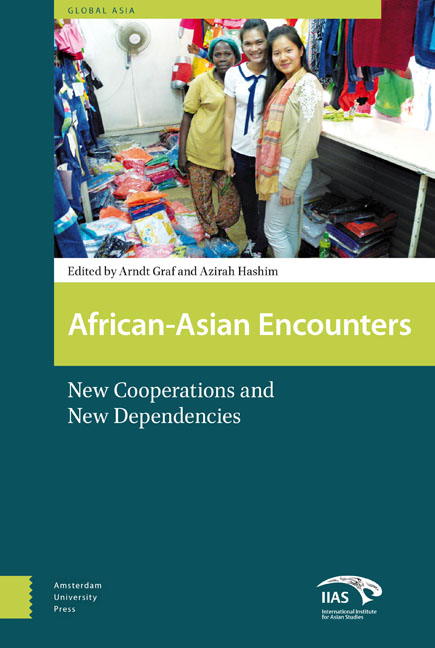6 - South-South Cooperation Strategies in Indonesia: Domestic and International Drivers
Published online by Cambridge University Press: 28 January 2021
Summary
Indonesia has been a central player in South-South cooperation (SSC) since it hosted the Asian-African or Bandung Conference in 1955. This conference produced the Declaration on Promotion of World Peace and Cooperation, which laid the foundations for SSC. Over the years SSC has become increasingly institutionalized in mainstream development cooperation channels. In 1978, it became part of the UN programme after the General Assembly established the UNDP Special Unit for South-South Cooperation. In 2008, after the Third High Level Forum on Aid Effectiveness in Accra, Ghana, SSC became part of the Organisation for Economic Co-operation and Development (OECD) Development Assistance Committee (DAC) agenda with the establishment of a Task Team on South-South Cooperation, of which Indonesia is the co-chair. There are still a range of questions around SSC, including the drivers for participating countries, its transformative capacity, directions, and likely impact of SSC.
This chapter explores the historical evolution of Indonesia's SSC efforts in order to examine why SSC has re-emerged as a relatively prominent theme in Indonesian foreign policy and, in particular, whether this re-emergence has been driven by external forces, as it was in the Suharto years, or internal politics or some combination of these. Second, it considers what Indonesia's independent and active foreign policy means in the light of SSC activities. In recent years, Indonesian foreign policy has mostly been interrogated in terms of Indonesia's leadership ambitions; this chapter combines foreign policy and global development analysis to examine domestic, regional, and international drivers in politics and policy formation.
Third, the chapter reflects upon whether, and to what extent, Indonesia's current efforts are challenging development orthodoxies and Northern domination of aid systems and practices. Specifically, the chapter looks at whether the drivers, policies, and practices of Indonesia's SSC programme are overall more of a support, or challenge to, the contemporary North-South aid architecture. This is particularly interesting in the Indonesian case, as it was an early and prominent supporter of anti-colonialism and non-alignment. Back in 1955, then President Sukarno sought, if not to shake up the global order of his time at least, as he said at Bandung, to ‘inject the voice of reason in world affairs’ (cited in Gde Agung 1973: 226; Palat 2008: 271).
- Type
- Chapter
- Information
- African-Asian EncountersNew Cooperations and New Dependencies, pp. 155 - 182Publisher: Amsterdam University PressPrint publication year: 2017



